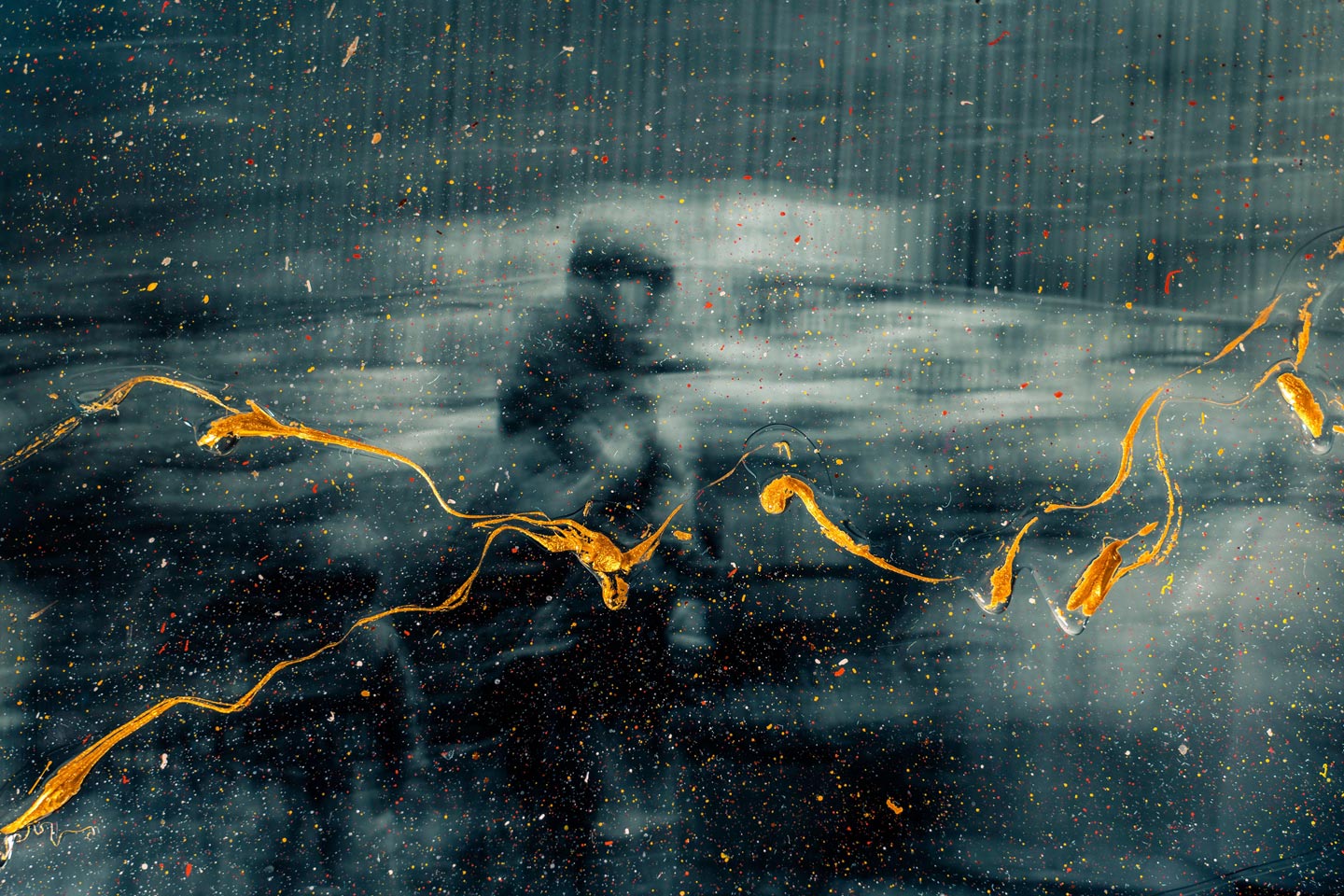Melanie Klein
Highly controversial, yet extraordinarily influential during her lifetime, Melanie Klein was an Austrian-British psychoanalyst credited with taking 20th-century psychoanalytic thinking in a new direction. Recognising the importance of early childhood experiences in the formation of adult emotions, she built on the ideas of Sigmund Freud to develop her own concepts such as the depressive and paranoid-schizoid positions. A leading force in Britain in the 1940s and 50s, she, along with other British psychologists, formulated the theory of object-relations, an idea based on the assumption that all individuals have within them an internalised and primarily unconscious realm of relationships.
Born in 1882 to an Austro-Hungarian Jewish family, Klein spent the majority of her early life in Vienna and dreamed of studying medicine. However, changes to her family’s fortunes forced her to abandon her plans and, at the age of 21, she married an industrial chemist, with whom she had three children. A few years prior to the First World War, she became interested in psychoanalysis and was encouraged by Sándor Ferenczi, a close associate of Freud, to devote her time to the psychoanalysis of young children.
After moving to London in 1926, Klein published her work, The Psychoanalysis of Children (1932), in which she presented her observations in child analysis. Understanding children’s play to be a symbolic means of controlling anxiety, she found free-play with toys to be a way of determining psychological impulses and ideas associated with the early years of life.
According to Klein, in early development, a child relates to parts rather than to complete objects i.e. to the breast rather than to the mother. She termed this unstable and primitive mode of identification ‘paranoid-schizoid position’, with the next development phase - in which the infant comes to relate to whole objects - termed the depressive position. This phase is marked by the young child’s recognition of the ambivalence of their feelings toward objects and therefore the moderation of their internal conflicts. This relation of ego development to the experience of various drive objects during the period of infancy is what’s known in psychology as ‘object-relations theory’.
For followers of Klein, the aim of psychoanalysis is to enable the client to tolerate the latter position more securely, even though it is never fixed and humans are inclined to fall into paranoid phantasies and polarising viewpoints. This bears similarities to Freud’s objective to help patients achieve a state of ‘ordinary unhappiness’.
However, while Freud’s theories concerning children came mostly from his work with adult patients, Klein was more radical in the sense that she developed her ideas by working directly with children, sometimes as young as two. She believed that young children could bear the weight of her analytical interpretations and thus did not hold back, observing that when a child was given the freedom to express his or her phantasies, which she then interpreted, it helped to reduce their anxiety.
As Klein’s prestige grew, she found herself surrounded by a growing number of psychoanalysts, including Wilfred Bion and Hanna Segal, who were profoundly influenced by her observations in child psychoanalysis and who went on to develop her theories further. Melanie Klein died in September 1960 at the age of 78.
To find out more about Jungian Analysis or for enqueries about booking sessions, call 0333 339 2430 or get in touch by email.
Contact Us by email

